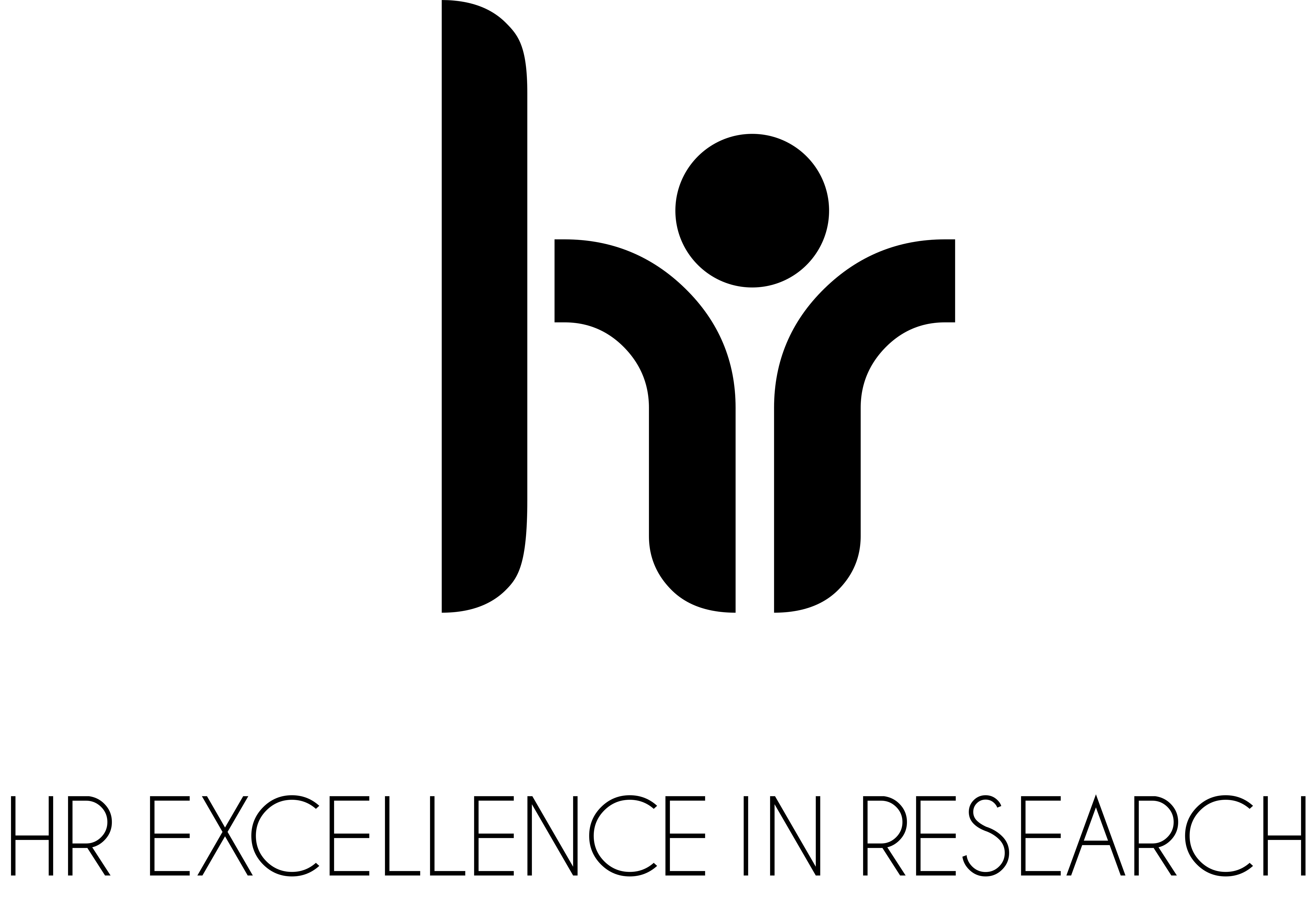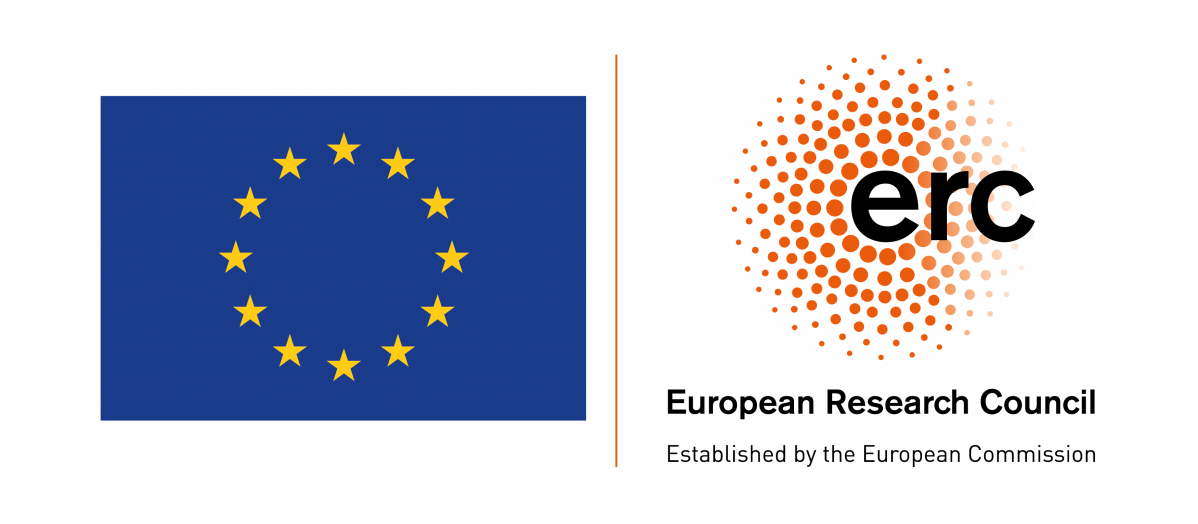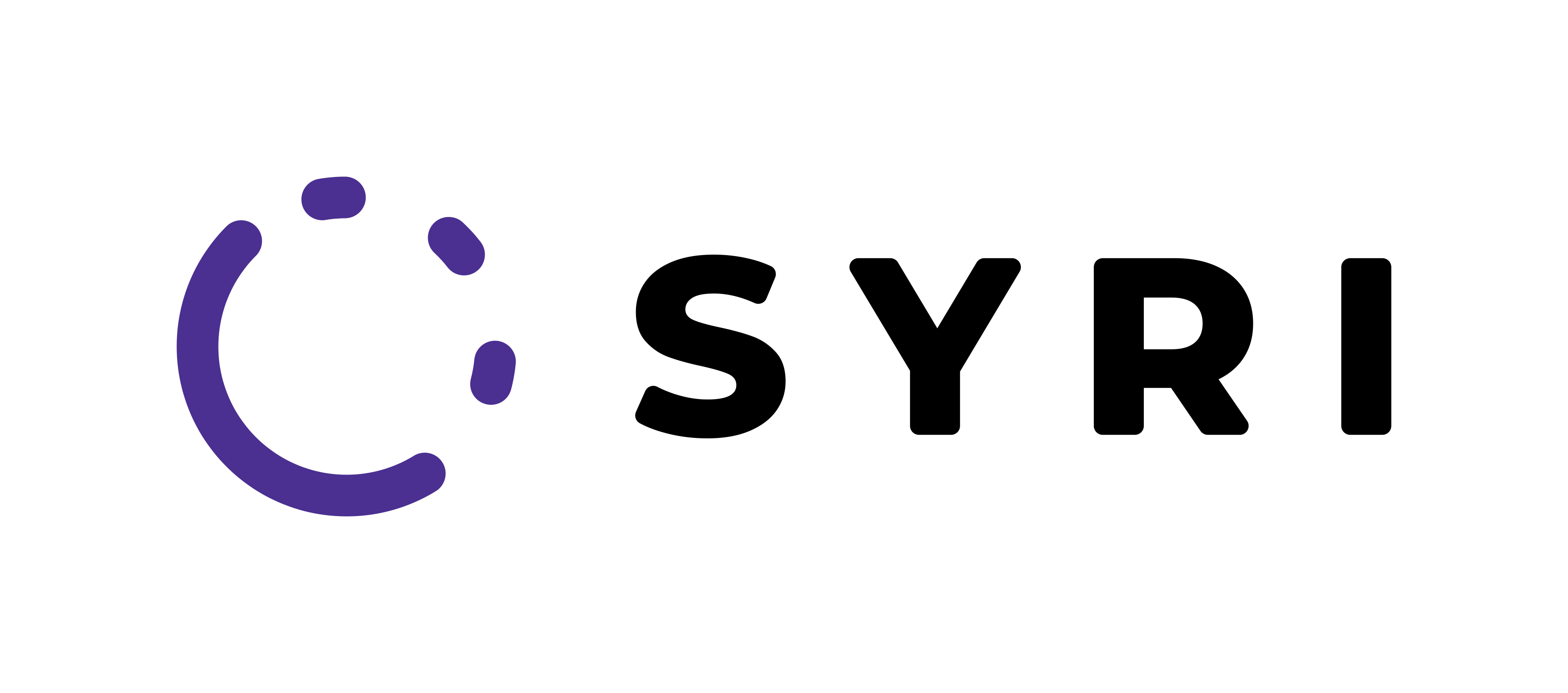Plakát
plakát pdf
There is a widespread assumption that digital technologies are radically altering our perception of time: that we live too fast, that time is scarce and that the pace of everyday life is accelerating beyond our control. The iconic image that abounds is that of the frenetic, technologically tethered, iPhone-addicted citizen. Paradoxically, digital devices are seen as both the cause of time pressure as well as the solution. This talk will argue that while there is no temporal logic inherent in technologies, artifacts do play a central role in the constitution of time regimes. We make time with machines. I will illustrate this argument by exploring the vision of ‘intelligent’ time management that drives the design of digital calendars. Drawing on interviews with software engineers, I will argue that the shift from print to electronic calendars embodies a longstanding belief that technology can be profitably employed to control and manage time. This belief continues to animate contemporary sociotechnical imaginaries of what automation will deliver. In the current moment, calendars are increasingly conceived of as digital assistants whose behavioural algorithms can solve life’s existential problem – how best to organise the time of our lives. In sum, the aim here is to contribute to science & technology studies (STS) scholarship on the role of technology in shaping people’s experience of time.
Judy Wajcman is the Anthony Giddens Professor of Sociology at LSE, Fellow of the British Academy and Turing Fellow and PI on the Women in Data Science and Artificial Intelligence research project at the Alan Turing Institute. She has published widely in the fields of science & technology studies (STS), feminist theory, work and organizations. Her books include The Social Shaping of Technology, Feminism Confronts Technology, Sociology of Speed, and Pressed for Time: The Acceleration of Life in Digital Capitalism, which was awarded the 2017 Ludwik Fleck prize by the Society for the Social Studies of Science (4S).
Tato akce je podpořena projektem UNCE/HUM/037 „Spojení člověk-stroj a jeho vliv na mezinárodní řád“ a GAČR projektem č. „Údržba experimentálního času“ (19-15511S) realizovaným na FLÚ AV ČR. Pracovním jazykem přednášky a diskuze je angličtina.
Kontakt: Filip Vostal (Tato e-mailová adresa je chráněna před spamboty. Pro její zobrazení musíte mít povolen Javascript.)





